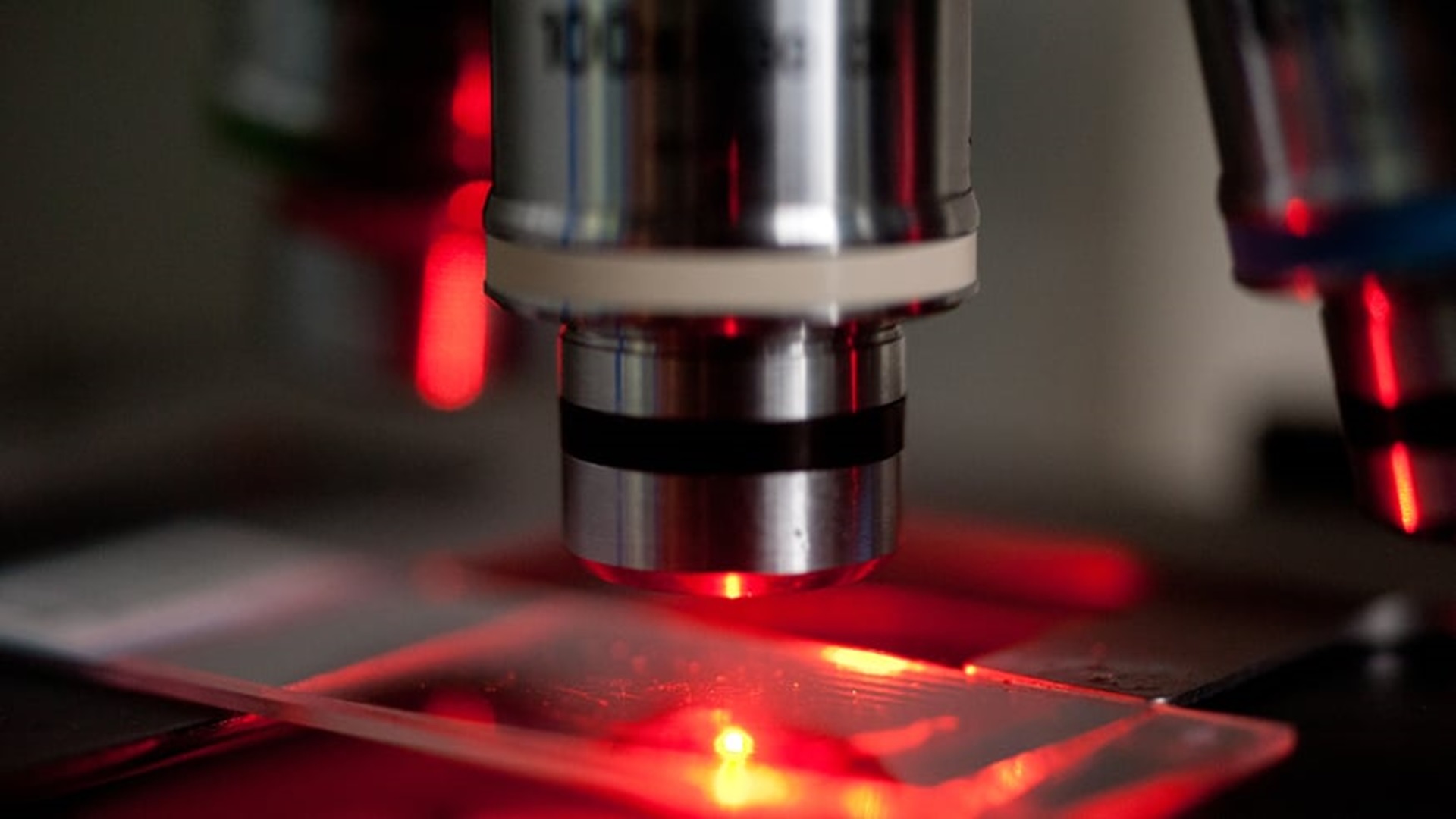Platforms and facilities
Our excellent facilities, and our expert teams of support staff, play a crucial part in making us one of the top-rated higher education institutions in the UK.
Our scientists have access to state-of-the-art research technologies including in genomics, proteomics, flow cytometry, light and electron microscopy, and histology. Facility staff work collaboratively with researchers to plan experimental approaches and sample preparation, develop a training programme and support data analysis.
We are leaders in the development of cancer research models, including mouse models at our dedicated Biological Services Unit, and our scientists have access to high-specification in vivo imaging technologies via our Centre for Cancer Imaging.
Enabling your research
We offer external users access to some of our research technologies, too. Please enquire directly with the relevant facility if you would like training to use our equipment or require a specific service.
Contact
For more information on access to the ICR’s scientific facilities email Head of Core Facilities Tina Daviter at [email protected].
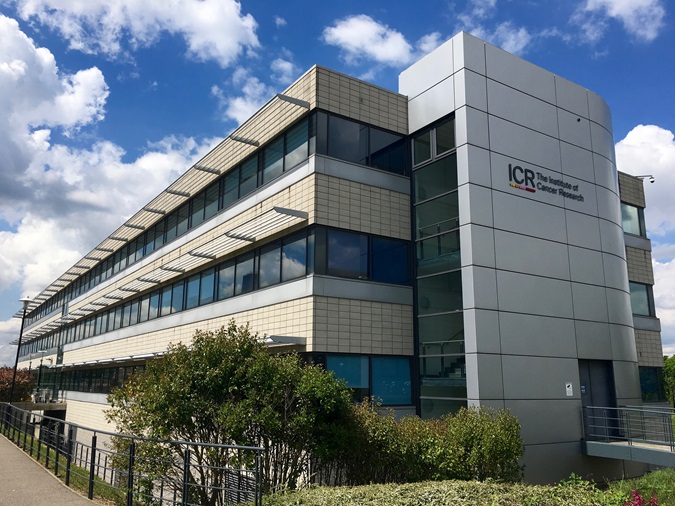
Antibody Facility
The Antibody Facility, established by the Centre for Genome Stability Steering Group at ICR, specializes in the development of high-quality Single Chain Variable Fragment (scFv) antibodies to support cutting-edge research.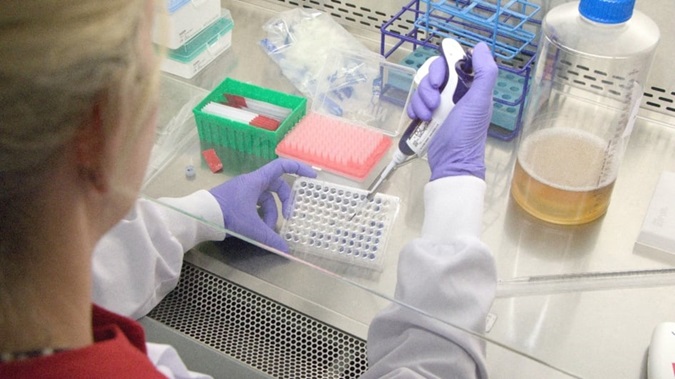
Baculovirus Facility
Our fully equipped Baculovirus Facility provides a means of expressing proteins and protein complexes using a Baculovirus / insect cell system (BICS). It supplies the Division of Structural Biology and other research teams within The Institute of Cancer Research, London.
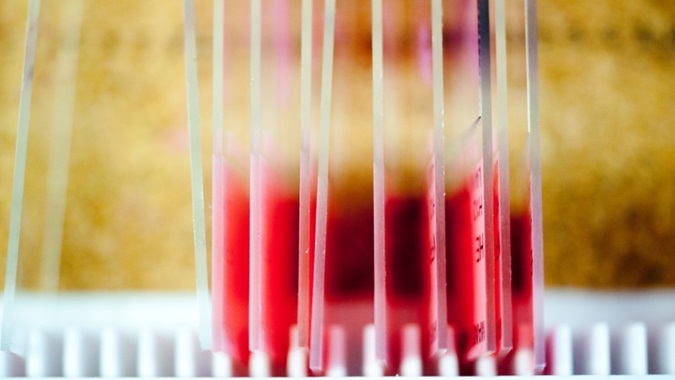
Breast Cancer Now Nina Barough Pathology Facility
The Breast Cancer Now Nina Barough Pathology Core Facility provides diagnostic and research-based histopathology to both the Breast Cancer Now Research Centre and research teams within The Institute of Cancer Research.
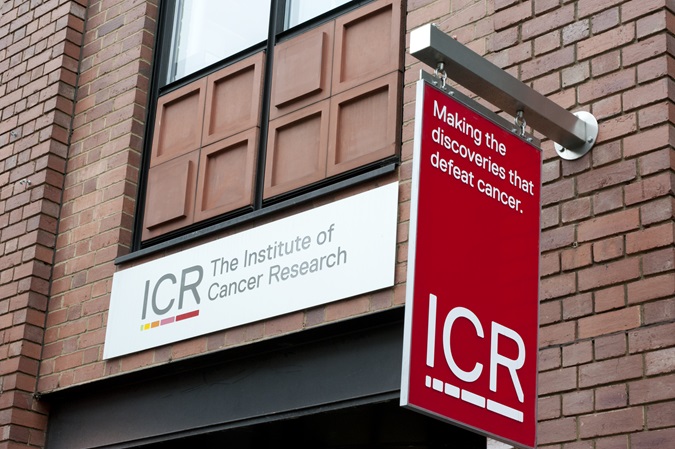
Chelsea Biophysics Facility
The biophysical equipment provided by the facility allows researchers a wide range of options for characterising their biological samples.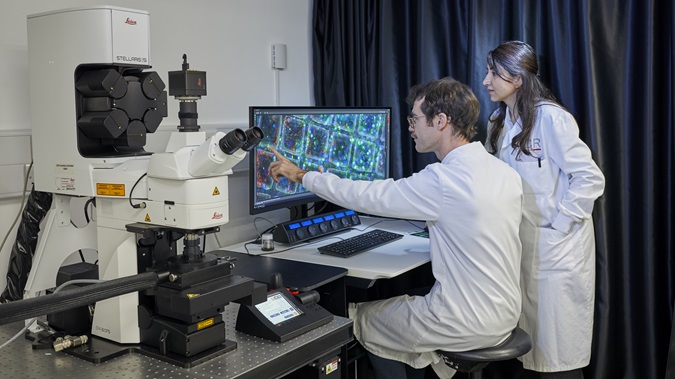
Correlative Light and Electron Microscopy (CLEM) Lab
The CLEM lab is jointly run by researchers from the Electron Microscopy and Light Microscopy facilities. We provide access to equipment, training and help to design custom workflows for in situ structural biology projects.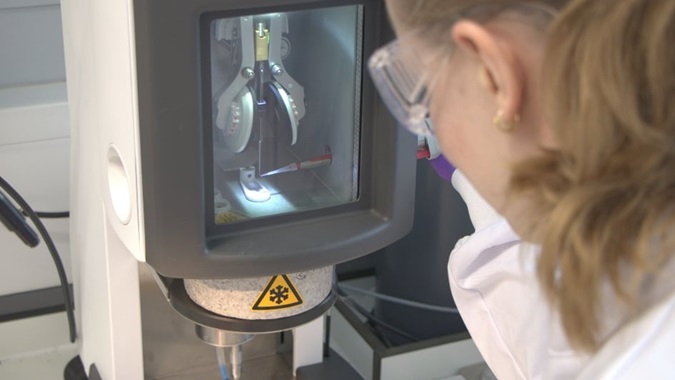
Electron microscopy
Our Electron Microscopy Facility, based in our labs in Chelsea, houses three ThermoFisher Scientific transmission electron microscopes (TEM) – a Tecnai T12 spirit, a Tecnai F20 and a Glacios. It is open primarily to internal users, although also welcomes outside fee-paying users.
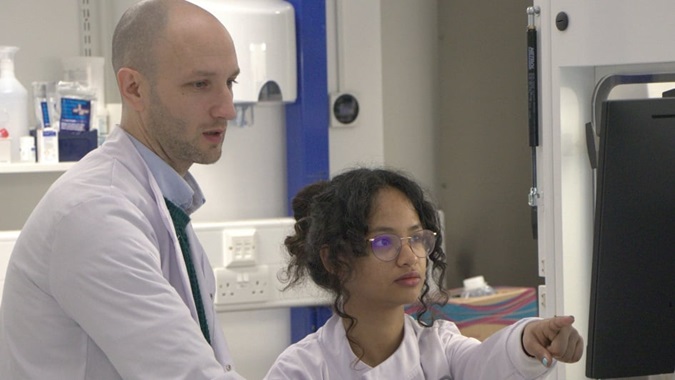
Flow cytometry
The ICR’s state-of-the-art flow cytometry equipment and expert support team supports the research of both our internal users and external researchers from universities, other research institutes and industry.
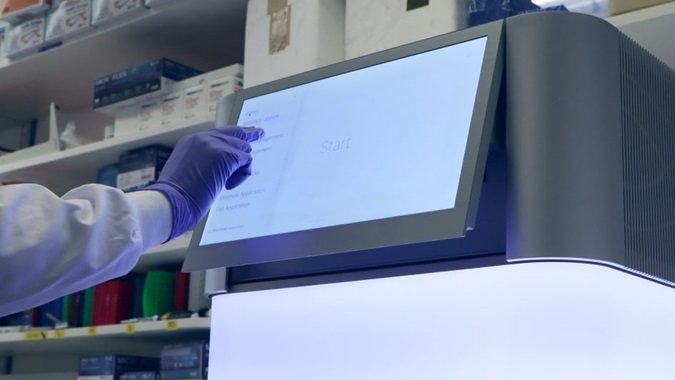
Genomics
Housing state-of-the-art hardware and unrivalled expertise in next generation sequencing technologies (NGS), the Genomics Facility supports researchers at the ICR and partner institutions to accelerate discovery science and progress towards precision therapies.

Light microscopy
In our world-class microscopy suites, researchers have access to a fleet of temperature and CO2-controlled microscopes capable of performing high-resolution confocal and super-resolution microscopy, single-molecule and multi-position time-lapse experiments.
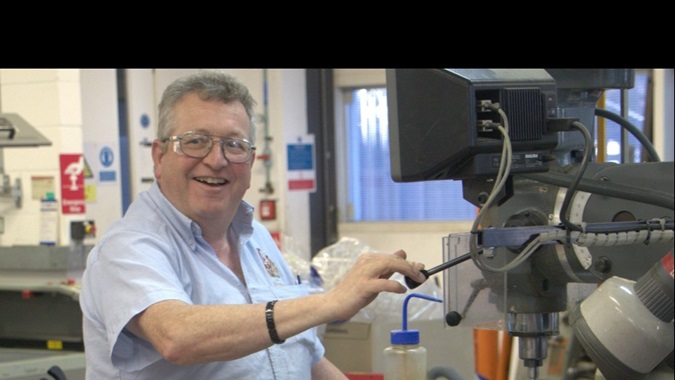
Mechanical Workshop and 3D Printing
Our Mechanical Workshop provides engineering design and manufacture support for our researchers and clinicians, with capabilities ranging from intricate, high precision items to medium-heavy engineering projects.
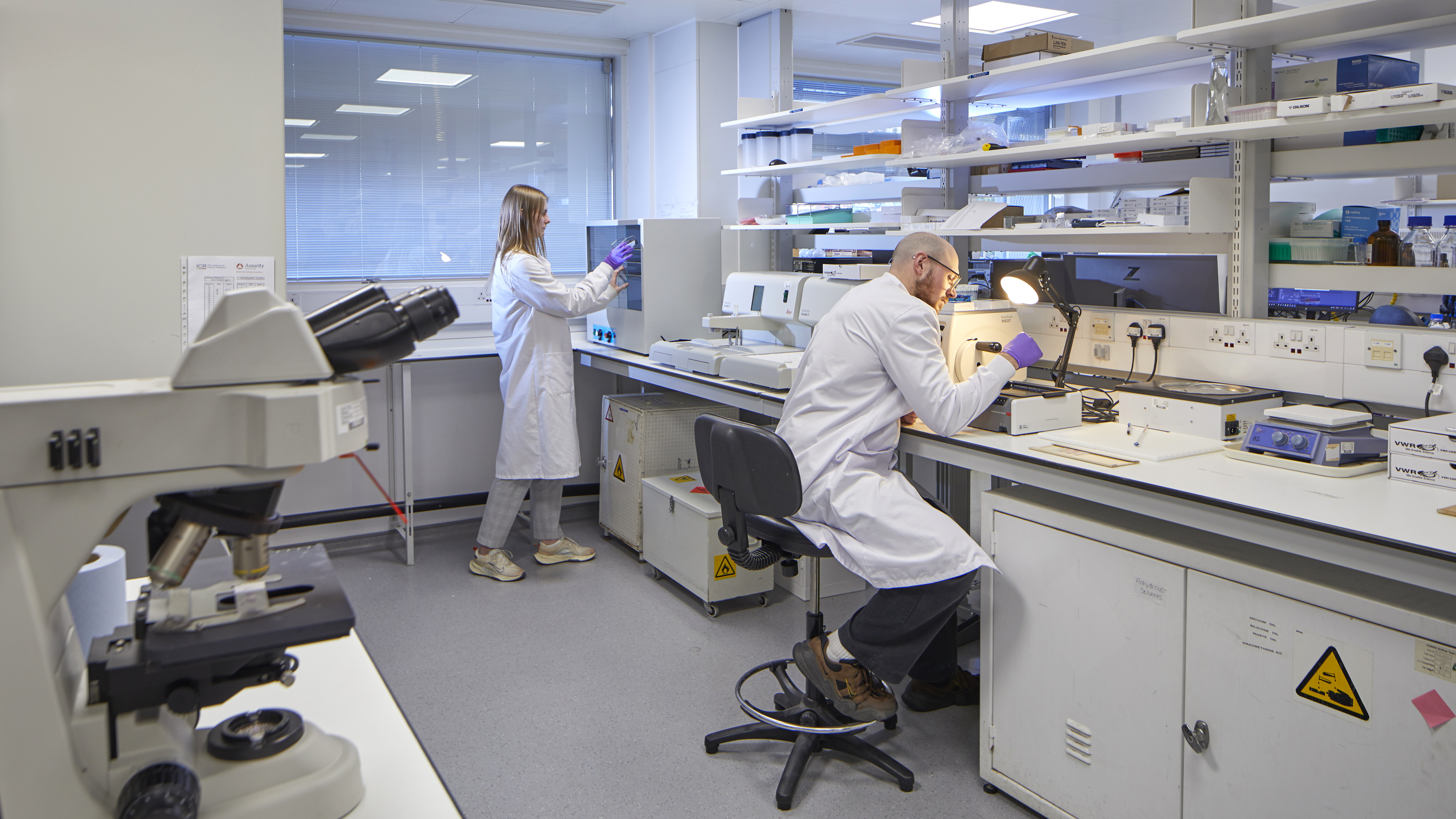
Sutton Pathology Facility
The Pathology Facility provides comprehensive, high-quality tissue processing and analysis services to support research within ICR. The facility is fully equipped to handle both human and mouse samples, delivering standardised, reproducible results using modern, automated workflows and expert technical support.
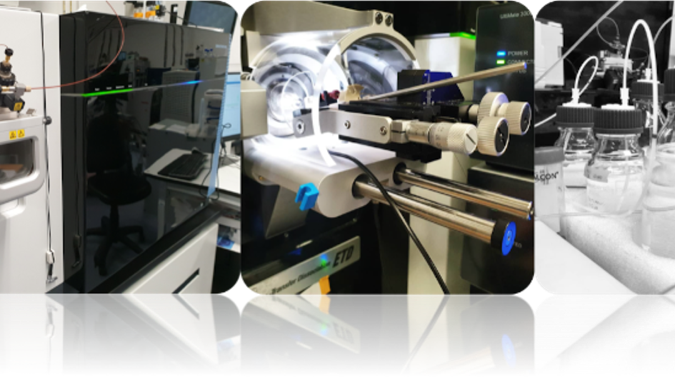
Proteomics
Our proteomics facility is among the most sophisticated in the UK, providing a highly-skilled specialist service using advanced mass spectrometry techniques and cutting edge technology to enable research teams to perform protein analysis for a wide range of experiments and samples
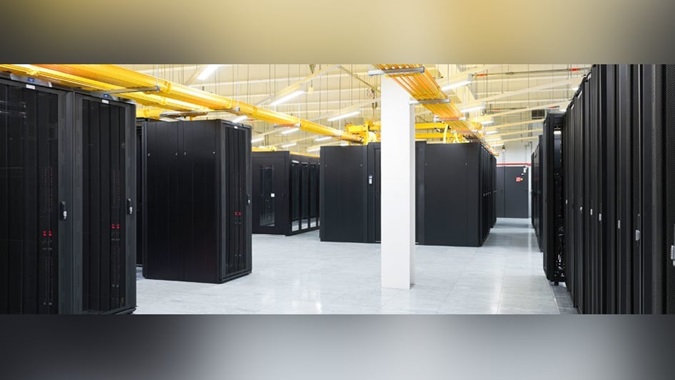
Scientific computing service
Our Scientific Computing team provides specialist comprehensive digital services to our researchers, ensuring that their research runs as efficiently as possible.
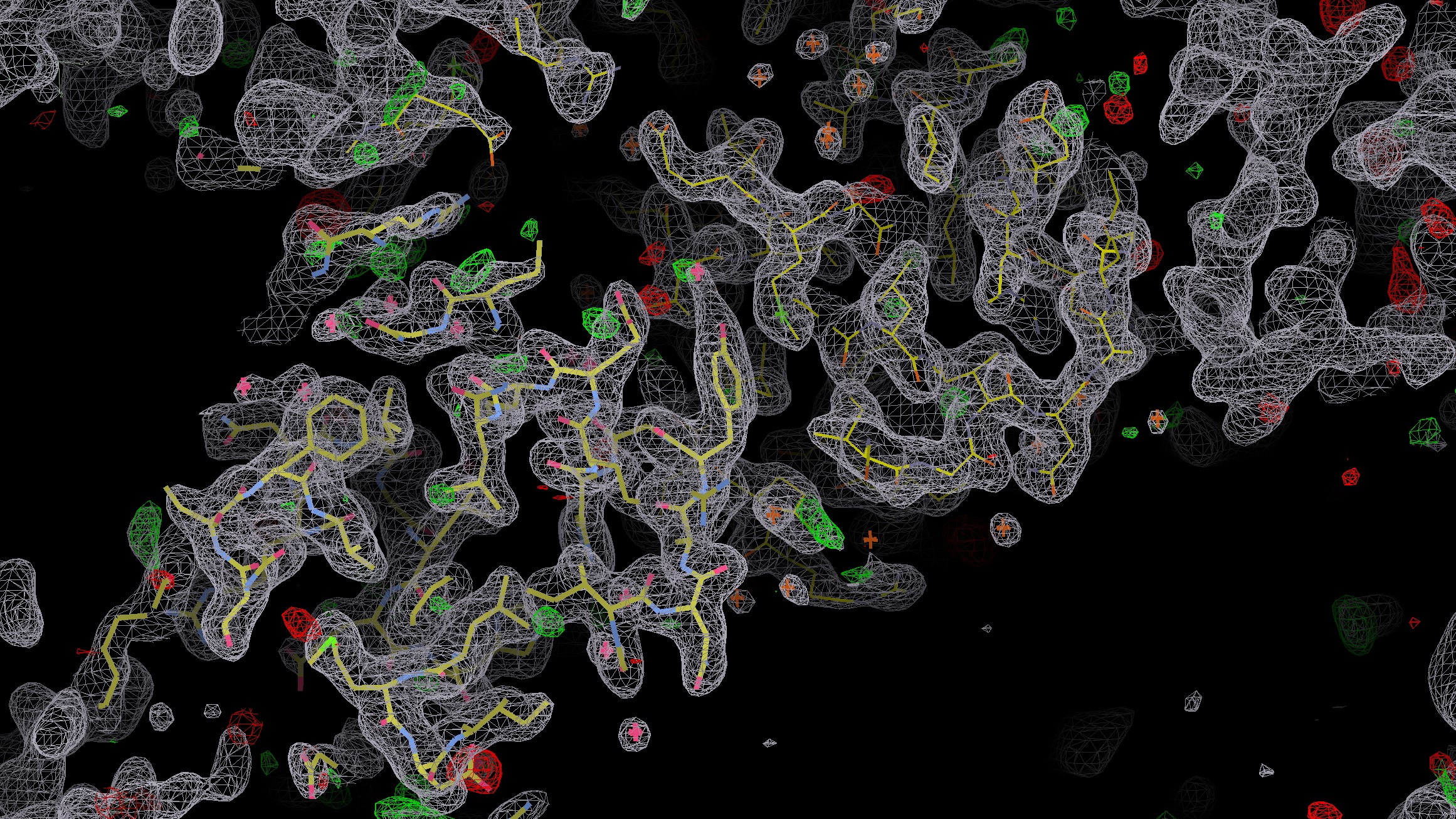
X-ray Crystallography Facility
Our X-ray Crystallography Facility provides tools for the crystallisation and X-ray analysis of biological material.
